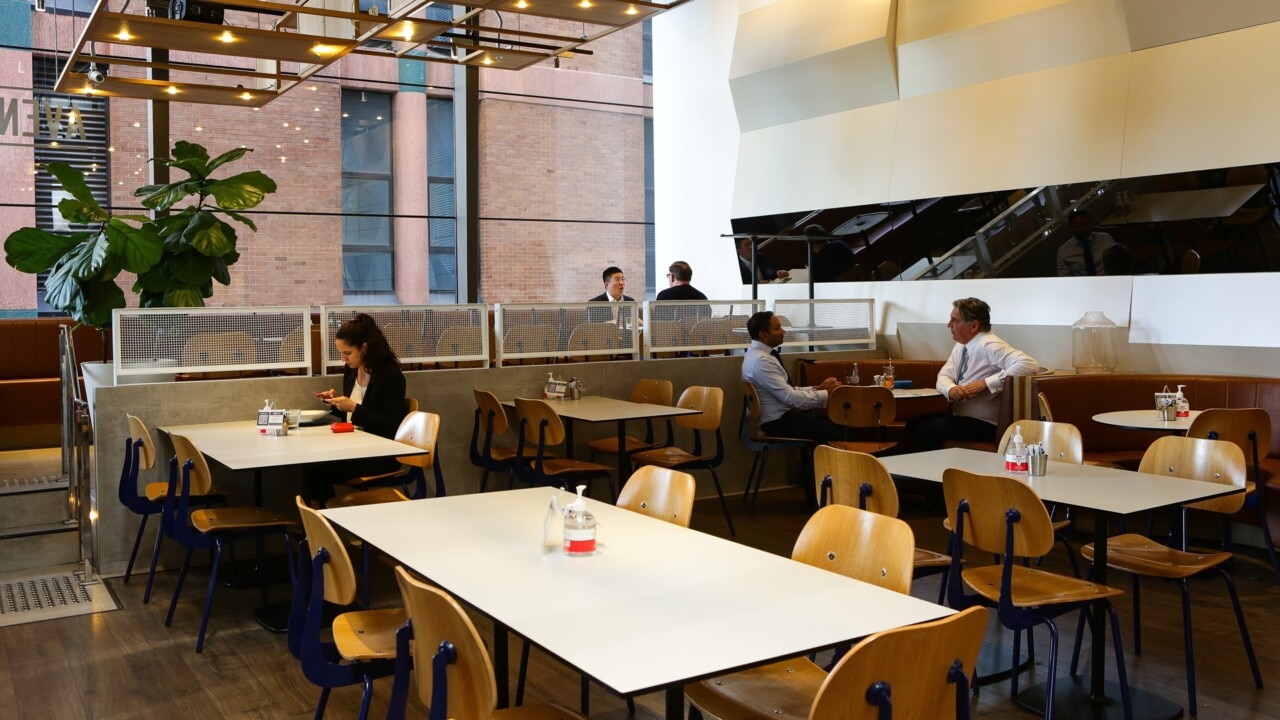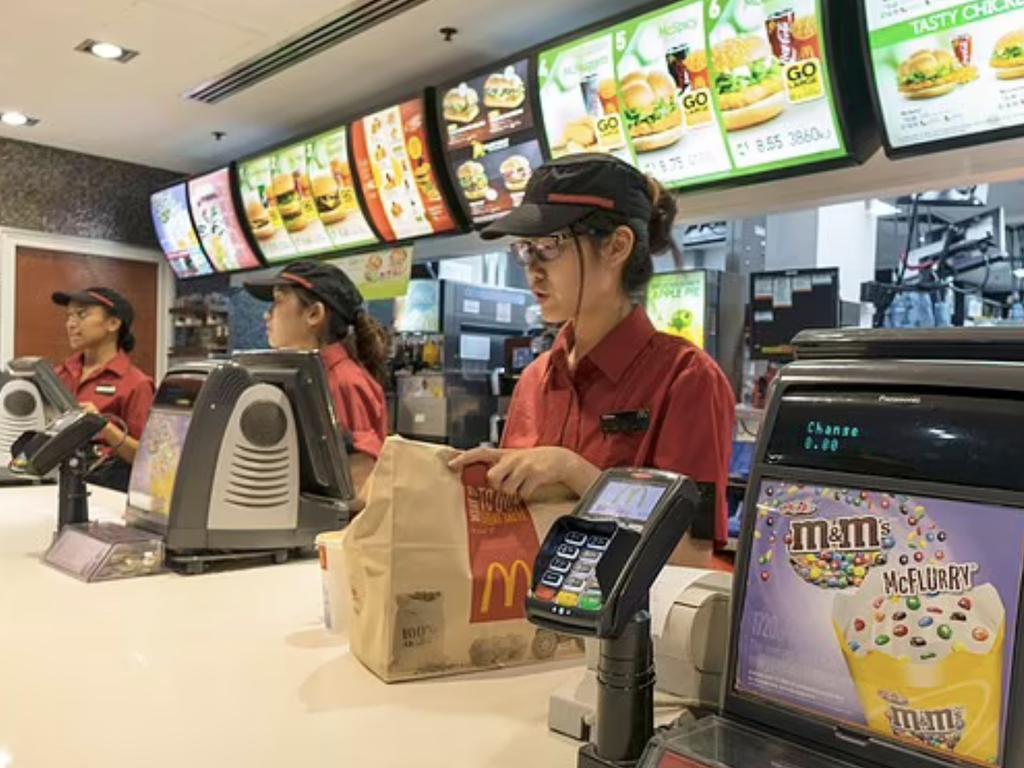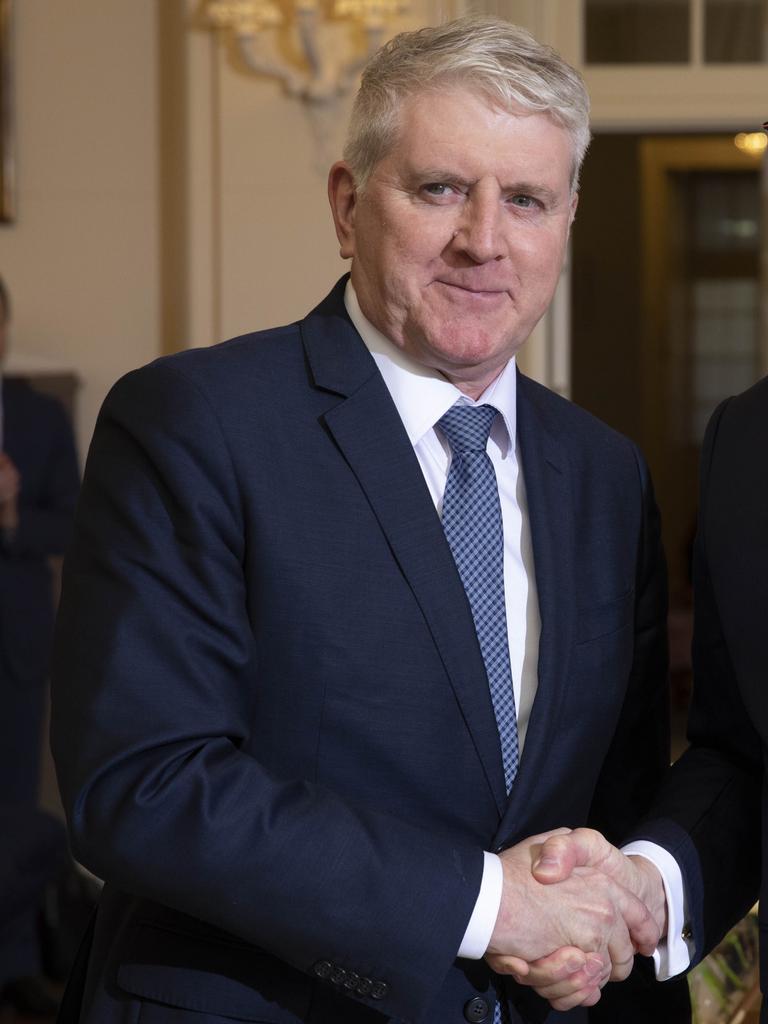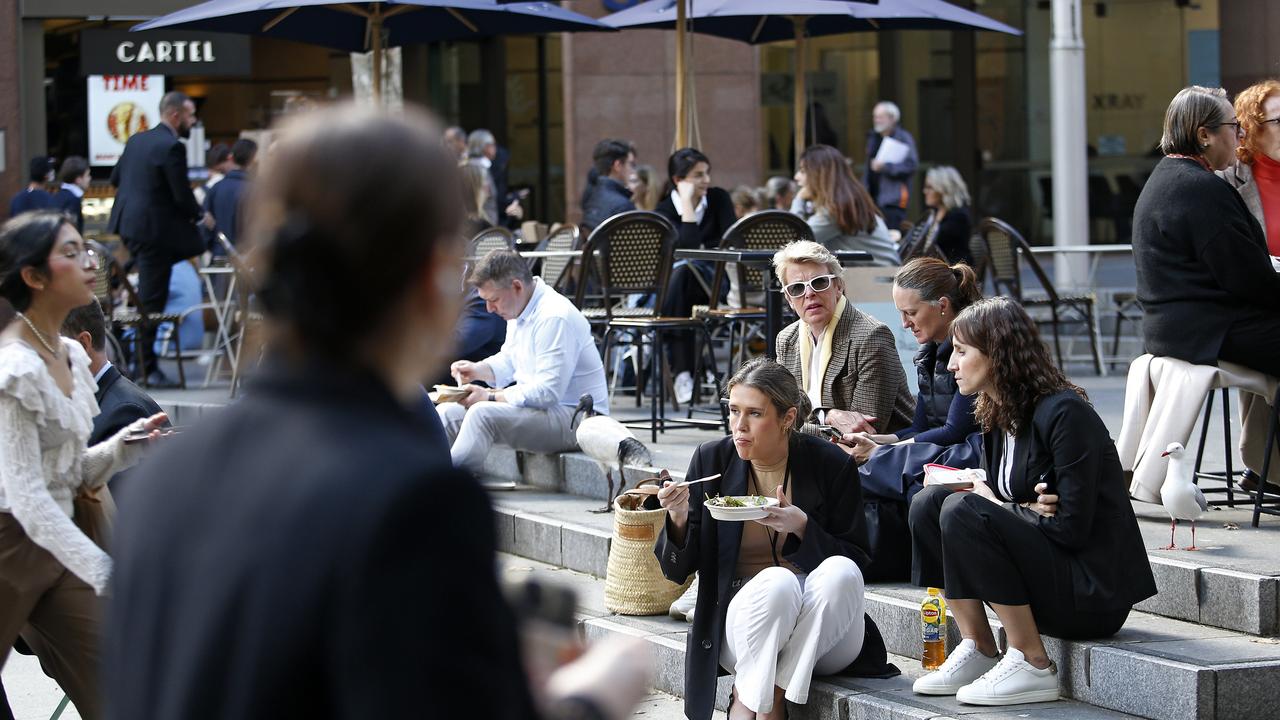Industries handing out thousands of dollars in incentives to attract workers
Industries across Australia are offering thousands of dollars in incentives in a bid to secure staff amid a nationwide worker shortage.

Industries across Australia have resorted to offering thousands of dollars in incentives to secure staff, as the nation’s worker shortage continues to bite through the economy.
People who sign up for new roles in high-demand industries such as health care, trades, transport, retail, manufacturing and logistics are receiving thousands of dollars in cash bonuses.
They range from $1000 to $15,000 across the country, with one Grill’d franchise saying it was ready to pay prospective store managers $10,000 just to sign on.
Grill’d chief operating officer Aaron Fitzgerald told reporters that the eye-watering incentive was an attempt to overcome the “challenge” of finding new employees.
“We are doing everything we can do to find talented and capable people and talented leaders to join our restaurants,” he said.

But the burger chain is not the only franchise offering up bonuses, with McDonald’s announcing more than a dozen new staff have pocketed a $1000 sign-on offer.
McDonald‘s Chatswood store manager Rhys Taylor told the Australian Financial Review that the incentives were advertised on in-store posters, with the fast-food chain losing staff quicker than they could be replaced at some stores.
“We had lots of people asking about the sign-on bonuses when they saw the posters,” he said.
In order for staff to receive the incentive, they must work at least 20 hours per week across both day and night.
Last month, the Australian Retailers Association announced that the post pandemic worker shortage had worsened over autumn.
The retail body warned that some companies were at risk of financial collapse due to the labour gaps.

The warning was followed by comments from federal Skills Minister Brendan O’Connor, who said a boost in migration and ongoing investment in training would be the only ways to ease worker shortages.
“Are we going to deal with this matter through immigration or investment in skills in our labour market? Well, it’s not a binary choice, we have to do both,” he said.
“But over the medium to longer term, I think our biggest solution will be the investment in skills in our labour market to train Australian workers, but we need to complement that with ensuring that we unclog the visa process for skilled migrants.”
The government is looking to prioritise the processing of 60,000 visa applications of international skilled workers.
Mr O’Connor’s comments come ahead of the government’s jobs and skills summit, which will take place in September.



